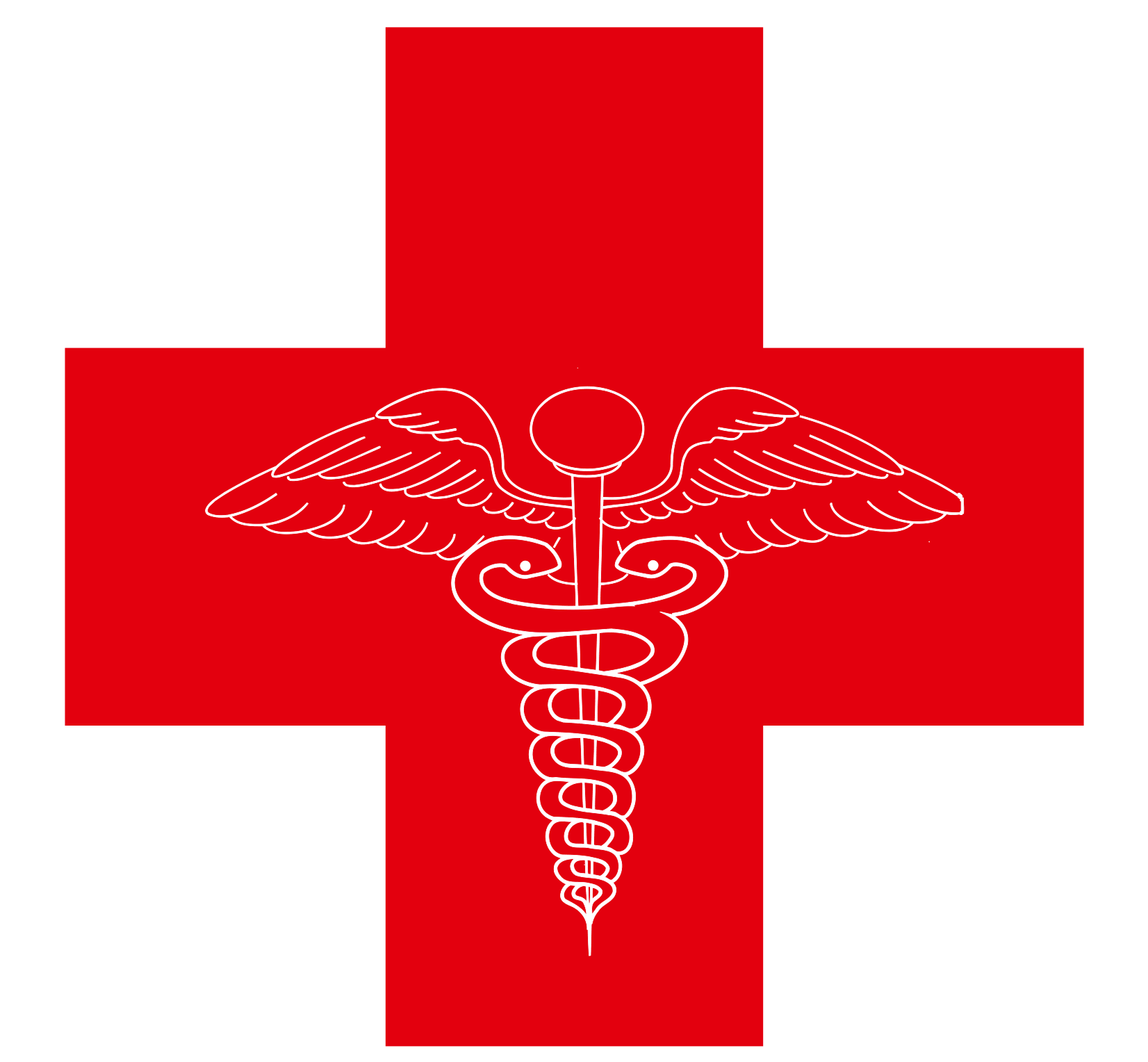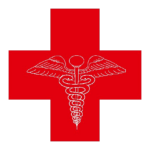Gastroesophageal reflux disease (GERD) is a common digestive condition that affects millions of people worldwide. Characterized by the frequent backflow of stomach acid into the oesophagus, GERD can lead to discomfort and even long-term complications if left untreated.
What is GERD?
Gastroesophageal reflux disease (GERD) occurs when stomach acid or, occasionally, bile irritates the lining of the oesophagus, leading to symptoms like heartburn, regurgitation, and discomfort in the chest or throat. While occasional acid reflux is common and may happen to anyone from time to time, GERD is characterized by more frequent and persistent episodes, typically occurring at least twice a week.
The lower oesophagal sphincter (LES), a ring of muscle at the bottom of the oesophagus, plays a key role in preventing acid from flowing backwards. In people with GERD, the LES either weakens or relaxes at inappropriate times, allowing stomach acid to flow back into the oesophagus and causing irritation.
Symptoms of GERD
The primary symptom of GERD is heartburn, a burning sensation in the chest that can be triggered by certain foods, drinks, or lying down after eating. However, GERD can cause a variety of symptoms, including:
- Heartburn: A burning sensation in the chest, often after eating, which can worsen when lying down or bending over.
- Regurgitation: The sensation of acid backing up into your throat or mouth, often causing a sour or bitter taste.
- Chest pain: Although GERD can cause chest discomfort, it is important to differentiate this from more serious conditions, like heart attacks.
- Difficulty swallowing: Also known as dysphagia, this is when food feels stuck in the throat or chest.
- Chronic cough: GERD can irritate the airways and lead to a persistent cough, particularly at night.
- Sore throat or hoarseness: The acid can irritate the throat, leading to soreness or a raspy voice.
- Bloating and nausea: Some people with GERD experience a feeling of fullness or nausea, especially after meals.
If you experience these symptoms frequently, it may be a sign of GERD, and you should seek medical advice.
Causes and Risk Factors of GERD
There are several factors that can contribute to the development of GERD. Some of the most common causes and risk factors include:
- Weak Lower Esophageal Sphincter (LES): The LES is the muscle that controls the opening between the oesophagus and Stomach. When it weakens or relaxes at the wrong time, stomach acid can flow back into the esophagus, causing GERD symptoms.
- Hiatal Hernia: A hiatal hernia occurs when part of the Stomach pushes up into the chest cavity through the diaphragm. This can interfere with the function of the LES, increasing the likelihood of acid reflux.
- Obesity: Excess weight, especially around the abdomen, can put pressure on the Stomach and LES, making it easier for stomach acid to move into the oesophagus.
- Pregnancy: Hormonal changes during pregnancy, along with the growing pressure on the Stomach from the uterus, can contribute to GERD. Pregnant women are more likely to experience acid reflux, particularly in the later stages of pregnancy.
- Smoking: Smoking weakens the LES, impairs the production of saliva (which helps neutralize stomach acid), and reduces the ability of the oesophagus to clear acid, making smokers more susceptible to GERD.
- Dietary Factors: Certain foods and drinks, such as spicy foods, citrus, chocolate, coffee, and alcohol, can trigger acid reflux in people with GERD. Eating large meals or lying down soon after eating can also contribute to symptoms.
- Medications: Some medications, including certain pain relievers, blood pressure medications, and sedatives, can relax the LES and increase the risk of acid reflux.
- Delayed Stomach Emptying: If food moves too slowly through the Stomach, it can increase pressure and contribute to acid reflux. This is often seen in people with gastroparesis, a condition in which the Stomach empties more slowly than normal.
Diagnosing GERD
If you suspect that you have GERD, your healthcare provider will first conduct a physical exam and review your medical history. Based on your symptoms and risk factors, your doctor may recommend further tests to confirm the diagnosis or rule out other conditions. Some of the common diagnostic tests for GERD include:
- Endoscopy: A flexible tube with a camera is inserted through the mouth into the oesophagus to examine the lining for signs of damage from acid reflux. It can also help identify complications such as esophagitis (inflammation of the oesophagus) or ulcers.
- 24-Hour pH Monitoring: This test measures the amount of acid in your oesophagus over a 24-hour period to evaluate the frequency and duration of acid reflux episodes.
- Esophageal Manometry: This test measures the function of the LES and the oesophagus, checking for any abnormalities that may be contributing to GERD.
- Barium Swallow: You may be asked to swallow a liquid that shows up on X-rays. This helps identify problems with the oesophagus, such as narrowing or blockages.
Treatment for GERD
Treatment for GERD typically includes lifestyle changes, medications, and, in some cases, surgery. The goal of treatment is to reduce the frequency and severity of acid reflux and prevent complications.
Lifestyle Changes
- Maintain a healthy weight: Losing excess weight can help reduce pressure on the Stomach and improve the function of the LES.
- Eat smaller, more frequent meals: This can help prevent overeating and reduce the likelihood of acid reflux.
- Avoid trigger foods: Certain foods and drinks, such as spicy foods, fatty foods, citrus, chocolate, and caffeine, may trigger symptoms.
- Don't lie down after eating: Wait at least 2-3 hours before lying down or going to bed after meals to prevent acid reflux.
- Elevate the head of your bed: If you experience GERD symptoms at night, raising the head of your bed by 6 to 8 inches can help prevent acid from flowing back into the oesophagus.
Medications
Several medications can be used to treat GERD, including:
- Antacids: Over-the-counter antacids can neutralize stomach acid and provide short-term relief.
- H2 Blockers: These medications reduce acid production and can help relieve symptoms, although they may not be as effective as proton pump inhibitors.
- Proton Pump Inhibitors (PPIs): PPIs are the most effective class of medication for reducing stomach acid and healing damaged oesophagal tissue.
- Prokinetics: These medications help the Stomach empty more quickly, reducing the likelihood of acid reflux.
Surgery
In severe cases of GERD, or when medications and lifestyle changes don't provide sufficient relief, surgery may be considered. The most common procedure is fundoplication, in which the top of the Stomach is wrapped around the LES to strengthen it and prevent acid reflux.
GERD is a chronic condition that can affect your quality of life, but with the right treatment, most people can manage their symptoms effectively. By making lifestyle changes, taking medications, and seeking medical care when needed, you can reduce the impact of GERD on your life and prevent long-term complications.
Take control of your digestive health today! If you're experiencing frequent heartburn or other symptoms of GERD, don't wait.
Consult us today at Basavangudi Medical Centre to discuss your treatment options and get the relief you deserve!




